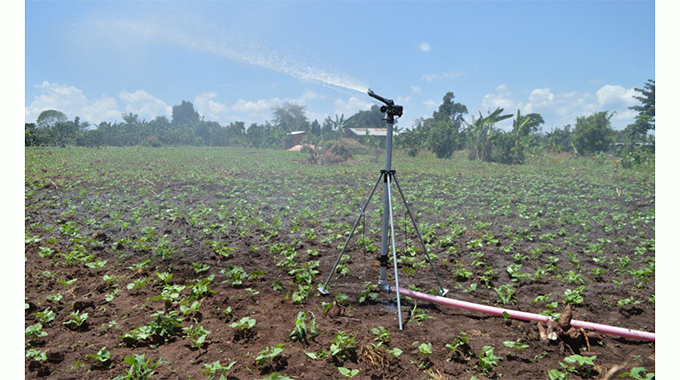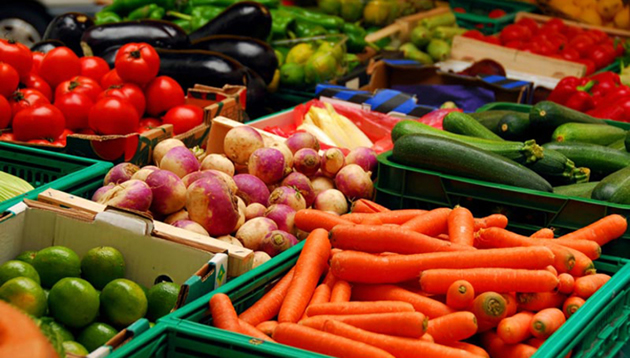SACP project on cusp of roll-out, IFAD seeks suitable partners

Elton Manguwo
THE International Fund for Agriculture Development (IFAD) is calling for expressions of interest from private owned entities to participate in agricultural value chains as they move to operationalise the US$67, 43 million Smallholder Agriculture Cluster Project (SACP).
SACP Project Coordinator Dr Godfrey Nehanda urged interested parties to indicate their interest to work with SACP in inclusive value chain development involving smallholder farmers indicating which value chains they would be interested to co-invest in.
“The project’s provincial teams are currently busy registering beneficiaries, agricultural producer groups and micro-enterprises in preparation for both technical and business development,” he said.
The SACP will bridge gaps in the country’s smallholder value chain organisation, which results in low productivity and low farmer income through cluster identification and venture capital mobilisation complemented by technical services for the agricultural production groups.
The project aims to complement the Small Irrigation Revitalisation Programme(SIRP) by promoting agriculture business and market driven agriculture production so farmers can get value from farming activities.
“The thrust of the programme is to establish partnerships between farmers and value chain lead enterprises by bundling up farmers into production clusters to bolster their production to meet demand for lead value chain enterprises,” said Dr Nehanda.
The project will cover five provinces – Mashonaland Central, Mashonaland East, Mashonaland East, Mashonaland West, Midlands and Matabeleland North.
“We are targeting 18 out of the 60 rural districts covering 428 wards organised into production clusters to allow for effective aggregation and economies of scale in smallholder-based value chain development,” said Dr Nehanda.
The project coordinator added that clusters would be confirmed through viability assessments and community consultations to ascertain potential for sustainable and inclusive value chain development.
Farmers will therefore be trained on basic business development skills and financial literacy so that they are able to negotiate with product up takers, added Dr Nehanda.
“Component two of the programme seeks to facilitate the commercialisation of smallholder agriculture through improved productivity and product quality, pre-processing, marketing and reduced food loss,” said Dr Nehanda.
As Government pushes to exploit the youth and female demographic, which makes up more than 60 percent of the country’s population, the SACP project will have 50 percent women and 30 percent youth beneficiaries out of the 78 240 who are set to benefit.
“SACP prioritises the mainstreaming of gender and young people participation in agriculture value chains,” said Dr Nehanda.
The beneficiaries will also have improved access to irrigation water, domestic water supply and 150 kilometres of rehabilitated road networks for easy access to production zones.










Comments